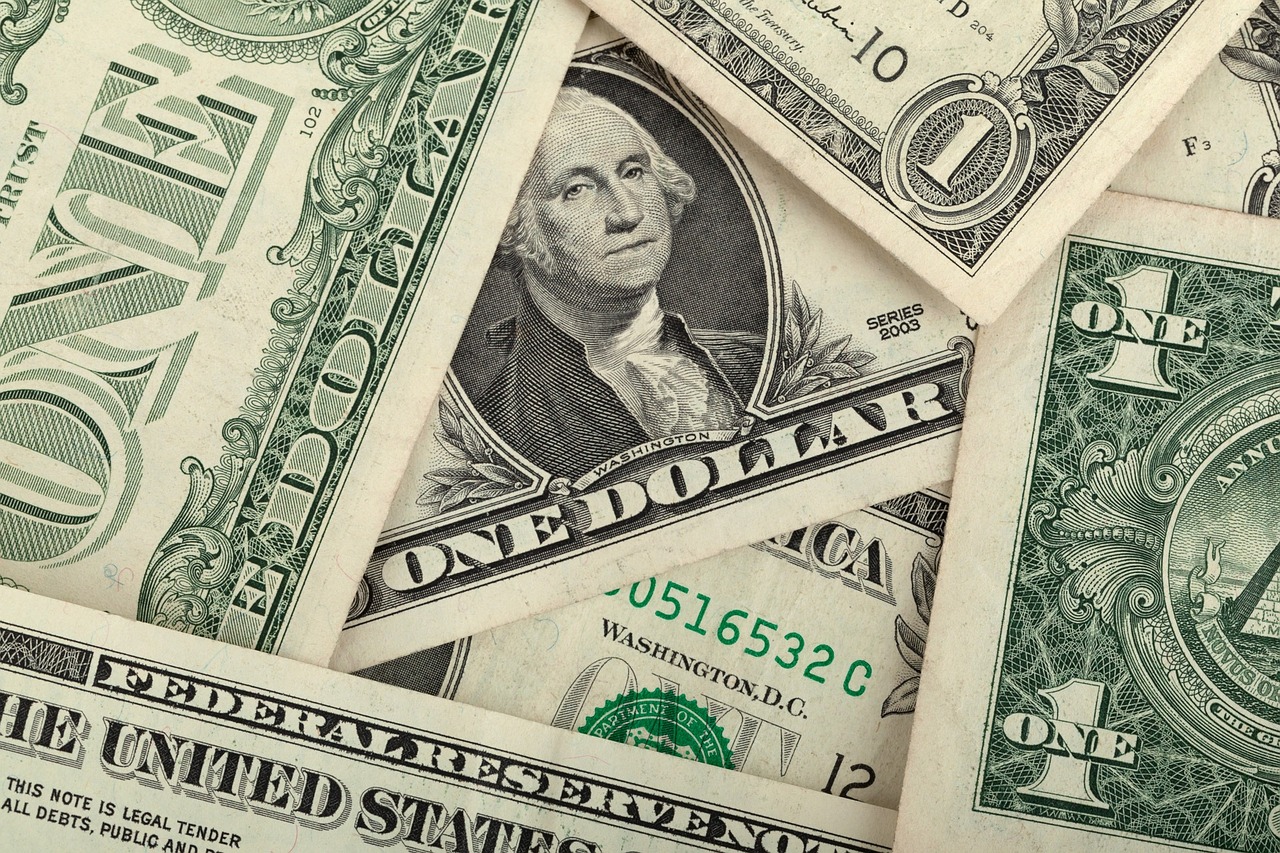This summer, the U.S. dollar surpassed the Euro in value for the first time in more than two decades.
It’s one of many interesting developments in a time of economic uncertainty both in the American and global economies – and it’s not an isolated incident.
In recent months, the U.S. dollar has become increasingly strong in global markets.
Vivien Lou Chen is a reporter with MarketWatch who has been tracking the strength of the U.S. dollar and she joined the Texas Standard to break down what it means to have such a strong American dollar right now. Listen to the story above or read the transcript below.
This transcript has been lightly edited for clarity:
Texas Standard: How is it possible the U.S. dollar is gaining such strength right now?
Vivien Lou Chen: Very good question – and I love explaining this to everybody because it’s so important to know the dollar and foreign exchange currencies move according to what else is going on in the rest of the world. You always have to take a step back and don’t look at what’s happening in the U.S., look at what’s happening around the world. You remember that movie by Michelle Yeoh? “Everything Everywhere All at Once”? That’s what you have to mentally think about when you talk about the dollar. So Europe’s doing badly – it’s going to go into a severe recession. Asia’s not doing so hot either. The dollar’s considered to be like the best of all the currency choices that are out there, and it moves along with interest rates. And so the higher U.S. interest rates go, the more appealing, more enticing other assets are like the dollar.
When we talk about having a strong U.S. dollar, I think a lot of listeners immediately think, ‘well, this is great if you want to, say, travel abroad.’ You have the dollar, which will have more power if you’re trying to buy souvenirs or get a hotel room. We’re talking about American companies buying foreign goods, too, which I guess they would have a little bit more leverage over some of those overseas sellers. Am I right about that? I mean, that seems to be a big part of the assumption.
Well, besides ‘everything, everywhere, all at once,’ the other phrase you have to keep in your mind pretty much all the time when you talk about currencies or the dollar: ‘It depends.’ It depends on which way you’re looking at it, because I think people get so wrapped up in ‘Is it good or bad?’ It’s not. It’s neither. It depends on how you look at it. So if you’re an American and you’ve got all these dollars in your pocket or whatever on your credit card or whatever, and you go to another country that is suffering, their currency is suffering, you’re going to do just great. You’re going to have a great time on vacation. If you are a major, major U.S. company, call it like a Netflix or a Procter & Gamble. And you do business overseas, your profits are getting hit, your sales are getting hit, you’re suffering. Now, if you’re an American who’s invested in those big, big companies – Netflix, Procter & Gamble – your stock is getting hit as well. So that’s another way to think about it.
So it does cut in different ways depending on who you are, where you stand as an investor or a business owner or a tourist. So as you look at the strengthening data, is this a net positive for the United States? I mean, it’s long been considered the world’s reserve, sort of a go-to, currency.
It’s difficult to say because we’ve got this inflation environment and the strong dollar is helping to bring down inflation to some extent because your imports are cheaper, right? So there’s so many confluence of events and developments that it’s kind of hard for me to say. It is reaching a level, though, that is scaring the heck out of a lot of countries right now.
Well, I was going to ask, if you’re a listener, should this be of concern to you? And if it were, what could the U.S. do about it? Is there a way to try to rein it in a bit?
I don’t think the U.S. wants to do anything about it. Like I said, it’s helping us with the inflation problem that we’ve got because it’s helping on the margin to bring inflation down a bit.
So when you say some people have expressed fear about it, who are we talking about?
It’s other countries. So if you’re an emerging market where your currency is not really fragile – if you’re the government or a local business – you’ve been doing all your borrowing in dollars. Now it’s time to pay back. And it’s hard to pay those debts back. And so if these emerging markets continue to struggle, that could be like another source of turmoil, another sort of catalyst that scares the market. We’re not quite there yet, but there’s so many risks out there. This is one of them. So you talk about like all of these assets that have fallen this year, whether it’s stocks, whether it’s bonds, they’ve all gotten hit. Well, we don’t know what level the dollar has to get to in order to also become this major, major problem around the world.















